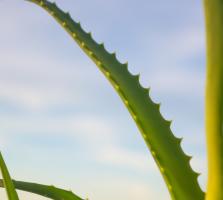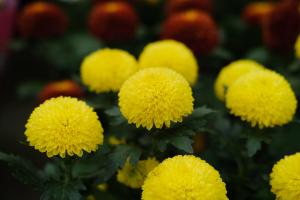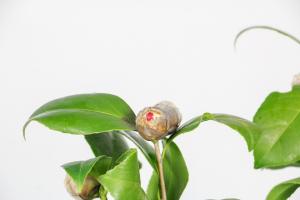Does Pasta Water Kill Plants?
There's a common belief among many gardeners that using pasta water as a fertilizer for plants can do wonders in terms of growth and quality. However, others argue that this practice can actually harm plants and even kill them. So, the question is, does pasta water really kill plants? Let's find out.
Pasta Water: What Is It?
Pasta water is the water used to boil pasta. It usually contains a mixture of salt and starch from the pasta, giving it a slightly cloudy appearance. Many people believe that using this water to fertilize plants can provide them with essential nutrients that they need for growth, such as potassium, sodium, and other minerals.
The Benefits of Pasta Water for Plants
Proponents of using pasta water as a fertilizer argue that it can provide a range of benefits for plants. For one, the starch in the water can help to stimulate the growth of beneficial microbes in the soil. Additionally, pasta water can contain residual minerals from the pasta itself that can help to nourish plants.
Some gardeners also believe that the salt in pasta water can help to repel certain pests and insects that can harm plants, making it an effective natural repellent to use alongside other pesticides.
The Negative Effects of Pasta Water on Plants
Despite its potential benefits, there are also some downsides to using pasta water as a fertilizer for plants. One of the most significant concerns is the high salt content of this water, which can cause root burn in some plants, making them more susceptible to disease and other problems.
In addition to salt, pasta water can also contain residual chemicals and additives that were used to prepare the pasta itself. Depending on the source of the pasta and how it was prepared, this could include anything from preservatives and artificial colors to flavorings and other additives that could be harmful to plants.
The Verdict: Can Pasta Water Harm Your Plants?
So, can pasta water kill your plants? It's hard to say for sure. While there are certainly some potential benefits to using pasta water as a fertilizer, there are also some risks and concerns that gardeners should be aware of before trying it out.
If you do decide to use pasta water as a fertilizer, there are a few things you can do to minimize the risks. For example, you should make sure to dilute the water before applying it to your plants, so that the salt and other minerals are less concentrated. You may also want to avoid using pasta water on plants that are particularly sensitive to salt or that have shown signs of root burn in the past.
Ultimately, the decision to use pasta water as a fertilizer for your plants is up to you. While there are some potential benefits to this practice, it's important to be aware of the risks and to take steps to minimize them if you do decide to give it a try.

 how many times do yo...
how many times do yo... how many planted tre...
how many planted tre... how many pine trees ...
how many pine trees ... how many pecan trees...
how many pecan trees... how many plants comp...
how many plants comp... how many plants can ...
how many plants can ... how many plants and ...
how many plants and ... how many pepper plan...
how many pepper plan...
































